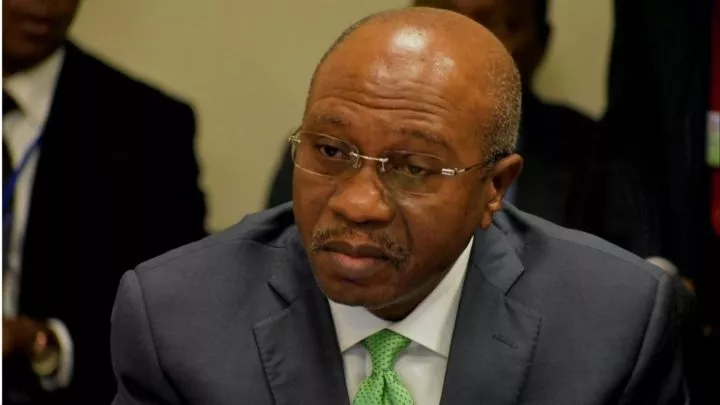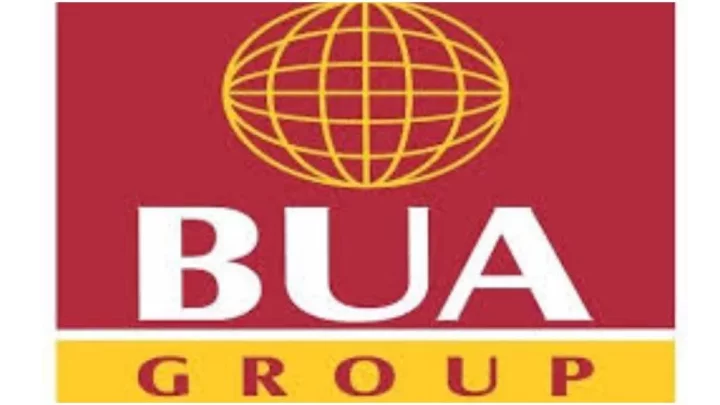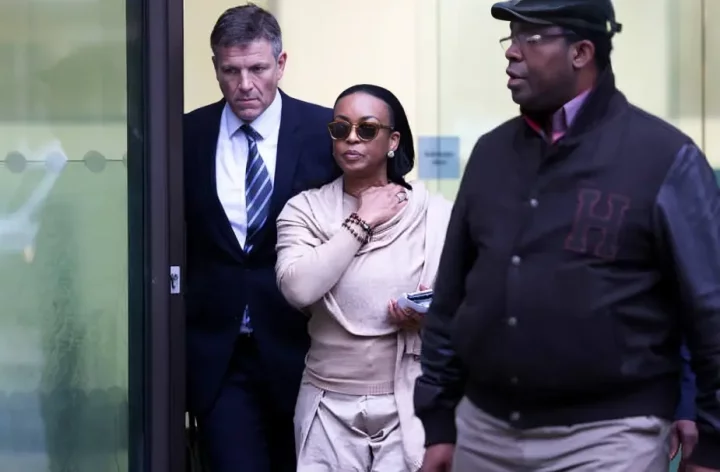
Banks were gripped on Wednesday by the fear of a major liquidity crisis should the government pull out funds belonging to customers without Bank Verification Number (BVN). The deadline given by the court for such customers to lose their cash is tomorrow.
Justice Dimgba Igwe of the Federal High Court, ruling on an ex parte application filed by the Federal Government through the Office of the Attorney-General of the Federation on October 21, granted the temporary forfeiture of such cash within two weeks unless the owners justify their ownership of such accounts.
There has been confusion over the status of such funds after the 14-day deadline.
The Nation learnt yesterday that the Central Bank of Nigeria (CBN) might, at the expiration of the deadline, compel the 21 commercial banks to provide a status report on non-BVN-linked accounts in their books. When that happens, banking sector liquidity may suffer as lenders begin to return un-linked funds to government coffers.
The Vice-President, West African Pan African Lawyers Union (PALU), Emeka Obegoru, said if there was no suit challenging the court ruling, the banks will have to produce a full list of their customers without BVN.
He said failure to comply meant the banks will have to tell the court why they could not produce the list.
Director-General of the West African Institute for Financial and Economic Management (WAIFEM) Prof. Akpan Ekpo agreed with Obegoru. He said if neither the banks nor individuals complained and the timeline elapsed, the government must find a way to get the funds from the lenders.
He disclosed that many people with skeletons in their cupboards still refused to enroll on the BVN network because it will expose their illicit financial dealings.
He, however, said it would remain an uphill task for the government to trace the funds, given that the banks are more likely to protect their customers unless whistle blowers give out information on the accounts to the public or the government.
Ekpo said keeping money in safe, a practice that does not require BVN, had been a regular practice, and will continue to be an avenue where fraudulent persons keep huge cash in banks' vaults to evade asset tracers.
"I think it will turn a money spinner for whistleblowers as government pressures the banks to get the true position of key accounts without BVN," he said.
Ekpo said lenders could collude with high net-worth customers or politically exposed persons without BVN or accounts not linked to BVN to ensure their financial dealings are not exposed.
"How to get the funds out from the banks is going to be a problem for government because chances are that banks will protect their customers. Even if the government decides to raid the banks, genuine customers' money may be carted away," he said,
Former Executive Director, Keystone Bank, Richard Obire, said for now, neither banks nor civil society groups had challenged the exparte the judgment, hence leaving the implementation of the ruling at the discretion of the Federal Government.
He said where the funds involved were large enough, the liquidity of the banking sector might be threatened as more cash leave to government coffers. "If the funds leave the banks to government coffers, the affected lenders may suffer liquidity challenges depending on the level of their customers' involvement," he said.
He added that the government may react to the criticisms by being selective in its implementation.
Principal Counsel at Eze & Associates, Chukwuemeka Eze, said when the implementation begins, individuals affected by the policy could challenge it in court. That means the burden of proof will shift to the owner of the money not linked to the BVN.
"The person has to prove where he was, and why he was not able to enroll on the BVN network. It will be based on individuals making case for themselves when the timeline expires tomorrow," he said.
Eze said the banks might escalate the discussion at the next Bankers' Committee meeting because of the sensitive nature of the matter involved.
"When the banks come under serious pressure as the implementation begins, which is likely, they will have to call for a Bankers' Committee meeting to decide on how to approach the dilemma. But there are still going to be some exceptions, such as Nigerians in Diaspora and those serving long prison sentences," he said.
Eze said the government had to be careful in implementing the court order, as it had the capability of causing economic dislocation. The real targets, according to him, are people who open accounts with fake names to hide fraudulently obtained wealth.

















Comments